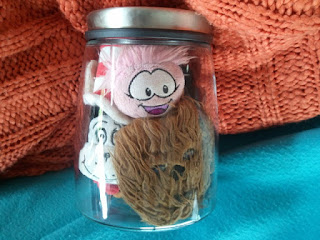Top 10 Ways Autism grows us:
1. Autism slows us down. While many of us speed up to begin our attack on ASD, in the end, we learn to stop. ASD is not compatible with our crazy fast world. Their sensory life is just not suited. Autism lives in its own sweet time and we have no choice but to end up joining it. And we all benefit.
2. Autism builds patience. There is nothing like Autism to help us learn this one. Autism leaves us with little choice as we learn to wait, to honour, to allow. We discover a lot about ourselves and Autism as we let go of force.
3. Autism removes our blinkers and puts us in touch with a greater reality. We explore the space outside of ‘normal’ and it is an amazing place. There is so much uniqueness and beauty, and so much potential here. Life looks very different from the edges.
4. Autism alters priorities. Suddenly the things we think matter, do not any longer. We find more important things in life than those traditionally valued. We come to value connection, empathy, kindness, small steps, honesty, and authenticity among many other things. We value time out, and cups of tea. These matter more than what we have and what others think.
5. Autism stops us grasping for control. We learn that we cannot control another person, we cannot control Autism, and we cannot control what is around the corner. We learn to let go, so we can survive. Trying too hard, forcing square pegs, takes too much from us.
6. Autism teaches us about power. We learn when to hold on and when to let go. We learn how to use the power we have to make a difference where and when we can. We learn to take responsibility for ourselves and our own business.
7. Autism builds resilience. Through the many Autism trials, we learn to hold our own. We learn to advocate for our loved ones and ourselves. We get through so much that we become efficient at ‘getting through’. Our skins get tougher and our resources grow.
8. Autism builds empathy. Autism teaches us about challenge and struggle, as we are pulled into their world. We learn to feel deeply and be with others as they feel deeply. We understand our own and others’ pain. And we feel the joy too.
9. Autism deepens us. Autism takes us from skimming life’s surface, into the guts of it. The surface of life loses its interest and we seek deeper connections and deeper understanding. We have to in order to be with Autism.
10.Autism puts us in touch with our wounds and our healing. We get to face all those parts of ourselves that add to our pain and struggle. This is what we have to work with. Autism shows us these wounds and encourages us to seek the connection that helps us to heal.


